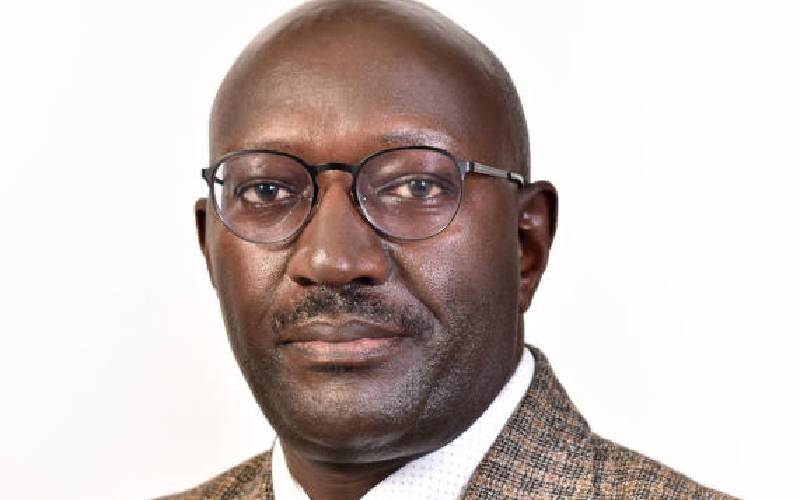×
The Standard e-Paper
Home To Bold Columnists

Last week, we mused over the state of Nairobi city by the year 2071AD or 51AC (after Covid-19). We shall be bolder today and ask who will own this city by that year.